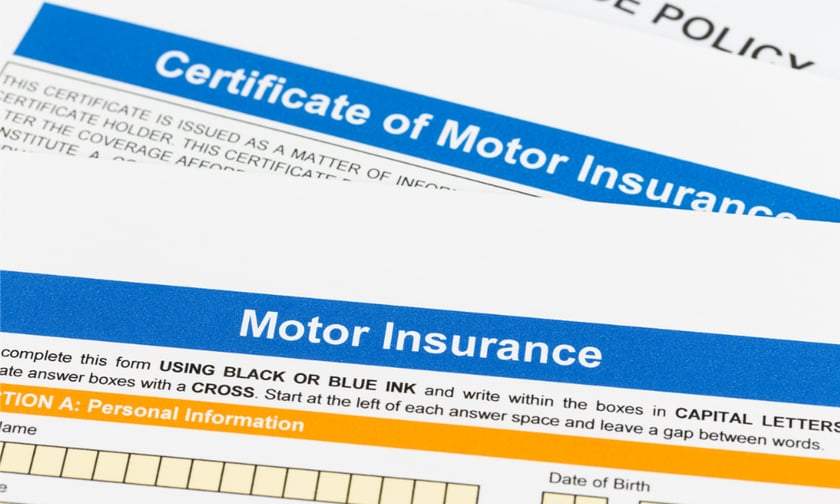

The counter fraud team at international law firm DAC Beachcroft’s Claims Solutions Group (DACB) has concluded almost 200 multi-claimant motor fraud cases for Aviva Insurance over the past year.
The claims were dispersed across 47 separate organised fraud networks, with the DACB team recording an average of £12,000 in fraud savings per claimant. Moreover, 76% of all claims were fully or partially repudiated for reasons of fraud.
“The last 12 months was one of our most successful for tackling fraudulent organised motor claims with Aviva,” said Dan Prince, head of motor fraud at DACB. “As a long-standing client, we’ve collaborated closely with Aviva’s exceptional organised fraud team, part of its overall national Counter Fraud unit, which has allowed us both to stay ahead of the curve on organised scams and the strategies needed to defeat them.”
“Identifying and tackling organised fraud continues to be a key priority for our counter fraud team,” added Pete Ward, head of claims counter fraud at Aviva. “Working in collaboration with DACB, we secured excellent outcomes in the last year which demonstrates Aviva’s resolve to investigate and defend fraudulent claims. The nature of fraud is changing and working with our key strategic partners allows us to react quickly to emerging trends thereby protecting our genuine customers.”
Central to the collaboration between DACB and Aviva was a renewed focus on quantitative and qualitative analysis of data, coupled with thought leadership on technological advancements.
“Our emphasis on fraud data analysis has enabled us to identify the new techniques being used by fraudsters when presenting claims and their shift in organised behaviours,” said Natalie Randall, head of organised fraud and financial crime at DACB.
Randall explained that fraudsters have now shifted their modus operandi (MO) to avoid raising red flags, appearing to cooperate with the claims process while providing early claims validation evidence that is often manipulated, taken out of context, or completely fabricated.
“Organised fraudsters are mixing their MO, lowering claim values and providing early claims validation evidence without question,” she said.
One investigation involved a series of accidents linked through policy quote data analysis, suggesting that the individuals making claims against Aviva customers were connected. Traditional methods failed to establish any substantial links, but investigators were able to uncover that each claim included dashcam footage that had been snipped in the same way. The manipulated footage failed to show how the claimants were deliberately speeding up to induce the collision.
Further scrutiny uncovered that 18 claims were connected. When requests for additional footage went unanswered, DACB was able to repudiate all the linked claims, which were worth £150,000 in total.
Another investigation focused on linked short-term policies that were fraudulently created to facilitate subsequent contrived claims. The fraudsters submitted shallow-faked proof of identity and address documents to validate the policies and claims. DACB’s investigation strategy was able to disprove the validity of these documents, resulting in £450,000 in fraud savings and the defeat of 28 fraudulent claims.
Unlike entirely fabricated documents, shallow-fakes are created by manipulating genuine documents or images.
“Securing claims validation evidence is no longer sufficient,” said Price. “In this tech-driven environment we have adopted the motto, ‘validate the validation’ which is now crucial for identifying and investigating today’s organised fraudster.”
What are your thoughts on this story? Feel free to share your comments below.
